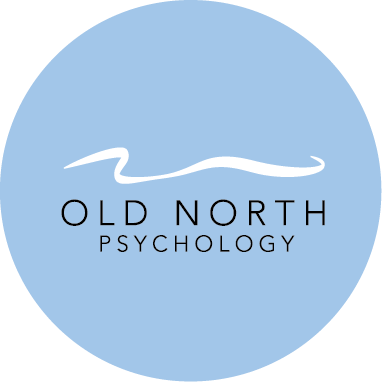Dr. Tevya Hunter
The foundation of therapy is the therapeutic relationship, which I foster through unconditional positive regard, empathy, validation, and showing up as my genuine self. Sometimes the therapeutic relationship itself creates change— changing how the individual sees themselves, feels about themselves, and relates to others. Building on the relationship, additional approaches to facilitating change can be implemented, depending on the individual’s specific concerns or goals for therapy. Different problems require different approaches. Determining whether an issue is one that would be best addressed from an acceptance perspective or a change perspective is an important step early on. If we want to work on change, more active strategies can be implemented including cognitive and behavioural interventions, keeping in mind that the only change we can make in some situations is how to think about or understand the situation. When working on acceptance, the therapy process is less structured and may involve emotional processing, making insights, mindfulness, and challenging unhelpful ways of thinking. The wonderful paradox of acceptance work is that it can actually lead to change. I trust that individuals are the experts of their own lives and believe that my role as a therapist is to create a safe, supportive, and non-judgmental environment to explore current patterns of thinking and behaving, to consider alternative perspectives, and to make meaning of confusing or distressing experiences.
I obtained my PhD in Clinical Psychology from the University of Manitoba and in the final year of the program my residency training brought me to London. I also work at the Operational Stress Injury Clinic at Parkwood Institute completing psychodiagnostic assessments and providing therapy to veterans and currently serving members of the Canadian Armed Forces and the RCMP. Through this work, I have developed special interest in the treatment of PTSD and other trauma-related difficulties. I am an adjunct faculty member at the University of Waterloo and supervise students and residents in clinical psychology programs both in London and Waterloo. At the practice, I am able to pursue my earliest passion in psychology— psychotherapy. Here, I work with adults and emerging adults with diverse presentations, concerns, and life stories.



